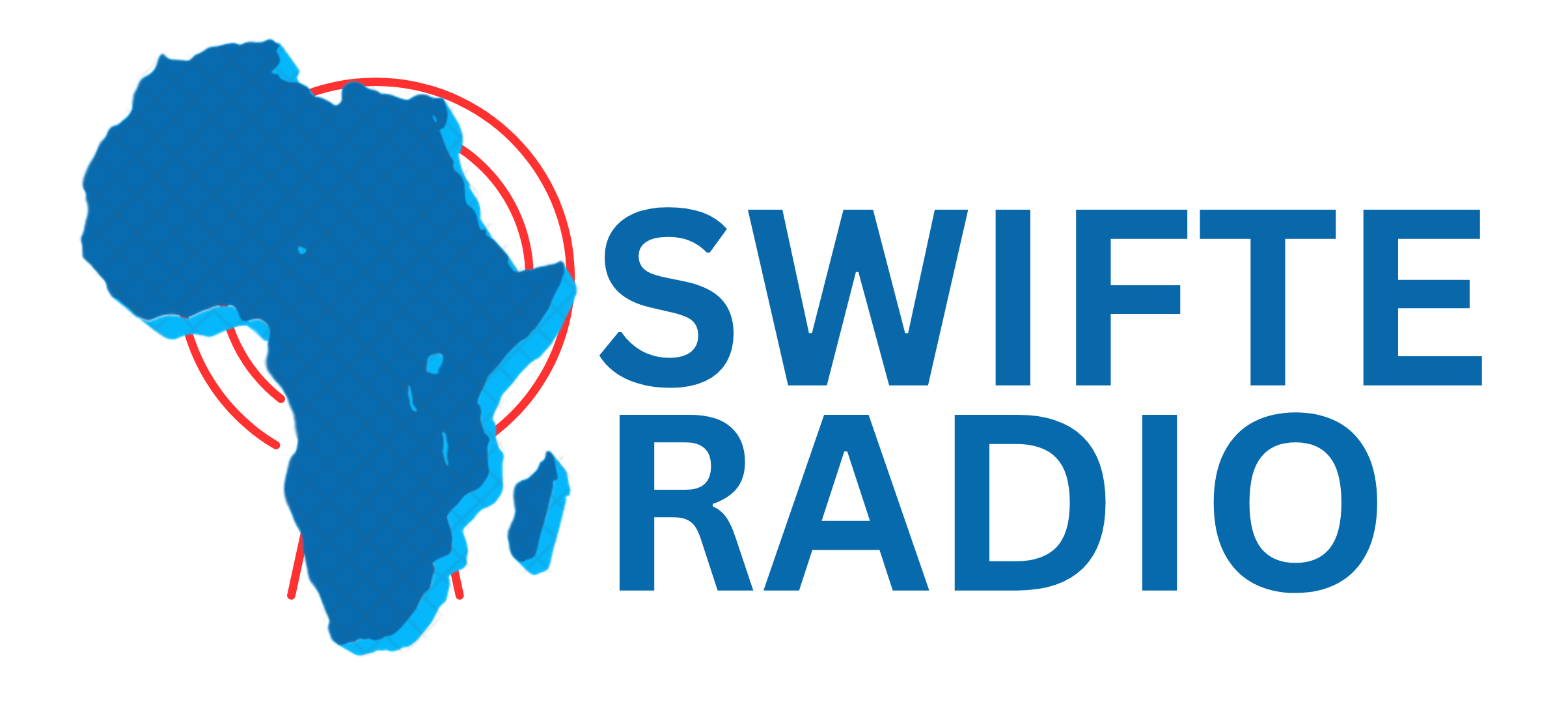Table of Contents
US Stock Market Reacts to Federal Reserve’s Interest Rate Stance
The US stock market experienced volatility following the Federal Reserve’s decision to maintain its interest rates at current levels. In its latest policy statement, the central bank signaled that it would likely hold rates steady for the foreseeable future while continuing its efforts to bring inflation under control.
The decision was part of the Fed’s broader strategy to ensure price stability, despite pressures from investors hoping for rate cuts to stimulate economic growth. Federal Reserve Chair Jerome Powell emphasized the need to carefully balance interest rate policy with ongoing inflation concerns.
Fed’s Rate Strategy and Economic Implications
The Federal Reserve’s statement highlighted that while inflation had shown signs of easing, it remained above the 2% target set by the central bank. With this in mind, Powell indicated that the Fed’s top priority was to avoid prematurely cutting rates, which could reignite inflationary pressures. Analysts believe that this measured approach underscores the Fed’s commitment to avoiding drastic moves that could destabilize the financial system.
Despite the decision, there remains a growing divide between the central bank’s policy and market expectations. Some investors have expressed concerns about the long-term effects of high interest rates on business investment, housing affordability, and consumer spending.
Stock Market Response
The announcement caused an initial dip in major stock indices, with the Dow Jones Industrial Average, the S&P 500, and the Nasdaq Composite all experiencing minor declines. Many investors had hoped for a more accommodative stance from the Fed, which would have provided a boost to market confidence. However, others appreciated the Fed’s cautious approach, recognizing that a premature rate cut could lead to greater economic volatility.
Some sectors, including technology and consumer discretionary, saw sharper declines as higher interest rates tend to affect borrowing costs, which in turn can limit corporate growth. Meanwhile, defensive sectors like utilities and consumer staples showed relative resilience.
Broader Economic Concerns
The Fed’s decision also comes at a time when global economic uncertainties are intensifying, particularly due to the ongoing impact of geopolitical tensions, energy prices, and supply chain disruptions. The central bank’s focus on keeping inflation in check reflects its commitment to fostering long-term economic stability, but its policies could also mean slower economic growth in the near term.
Economists suggest that the Fed may have to maintain a tight policy for an extended period if inflation remains sticky, potentially keeping interest rates higher than anticipated through 2024. This uncertainty has left investors wary, with many re-evaluating their portfolios amid concerns over the broader economic outlook.


